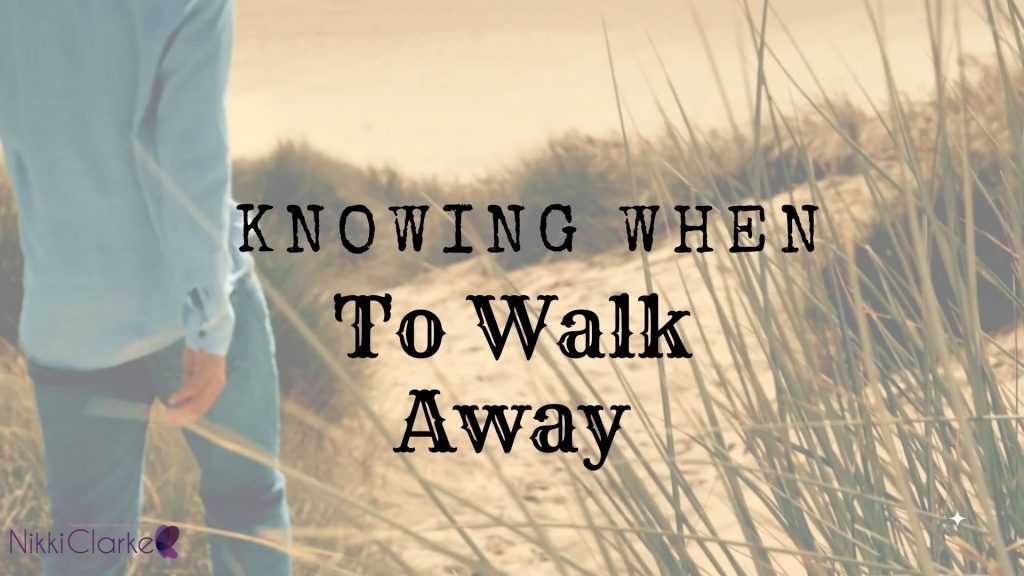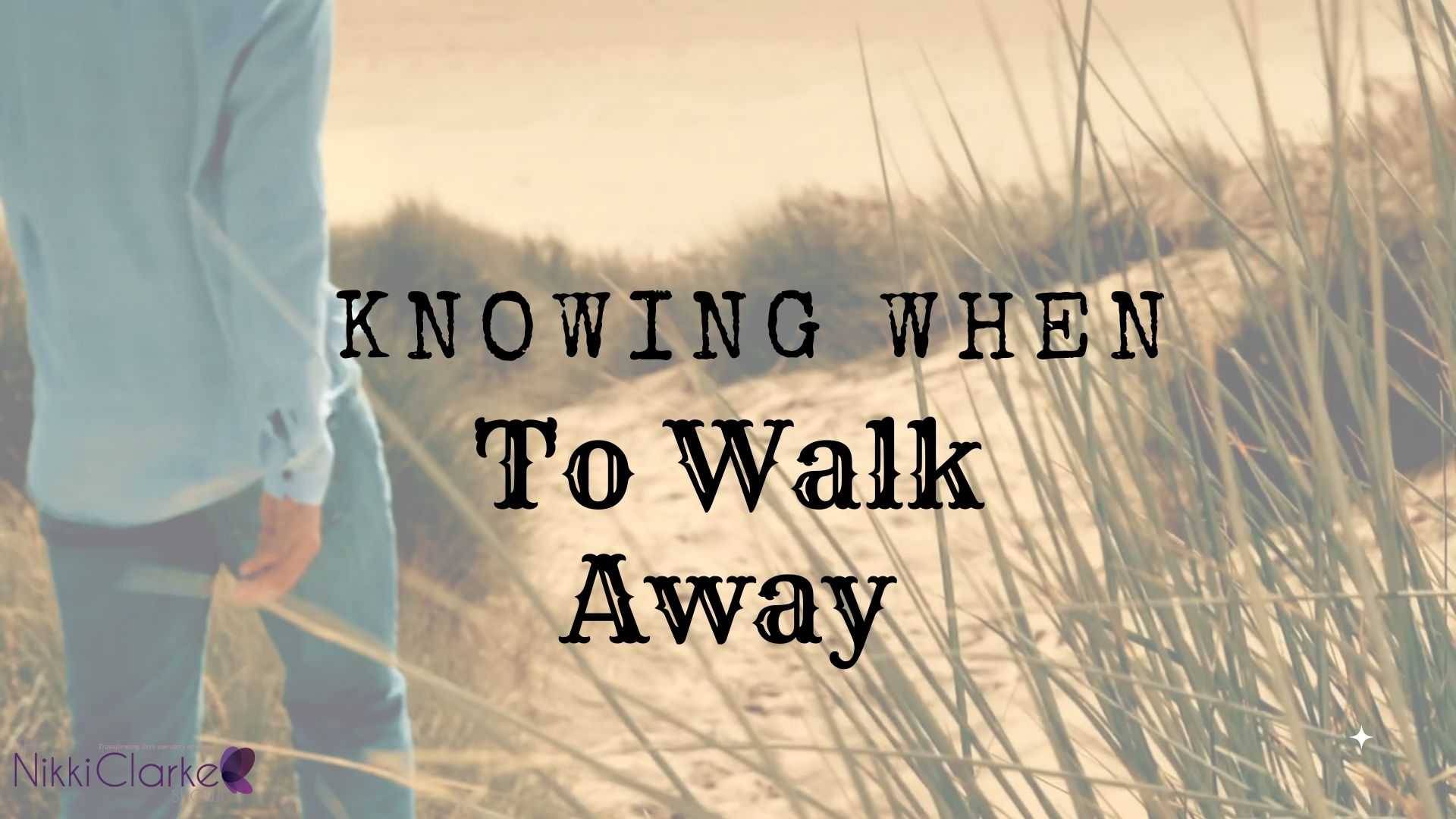
1. **Self-Respect:** Walking away from a situation that no longer serves you is an act of self-respect. It acknowledges your worth and values your well-being above all else. Staying in toxic environments or relationships can erode your self-esteem and mental health over time.
2. **Opportunity for Growth:** Walking away opens up space for new opportunities and growth. It allows you to redirect your energy towards pursuits that align with your values and goals. Sometimes, letting go of what’s familiar is the catalyst for personal and professional development.
3. **Recognizing Red Flags:** Pay attention to red flags that indicate it’s time to walk away. These could be constant feelings of unhappiness, lack of progress or growth, repeated betrayals of trust, or a fundamental misalignment of values. Trust your instincts and don’t ignore warning signs.
4. **Setting Boundaries:** Walking away can also be a way of setting healthy boundaries. It sends a clear message that certain behaviors or situations are not acceptable. Establishing boundaries is essential for maintaining your well-being and preserving your sense of self.
5. **Embracing Change:** Change is inevitable, and walking away from one thing often leads to new beginnings. Embrace the uncertainty that comes with walking away and trust that it will ultimately lead you to where you’re meant to be. Remember that endings are often the start of something beautiful.
6. **Practicing Detachment:** Learning to detach emotionally from a situation can make it easier to walk away when necessary. While it’s natural to feel sadness or disappointment, avoid letting emotions cloud your judgment. Focus on the bigger picture and what’s best for your long-term happiness.
7. **Seeking Support:** Walking away from something significant can be daunting, so don’t hesitate to seek support from friends, family, or a therapist. Surround yourself with people who uplift and encourage you during times of transition.
In conclusion, knowing when to walk away is a valuable skill that requires self-awareness, courage, and a willingness to prioritize your well-being. Trust yourself to recognize when it’s time to let go and have faith that doing so will lead you closer to a life filled with fulfillment and purpose.












